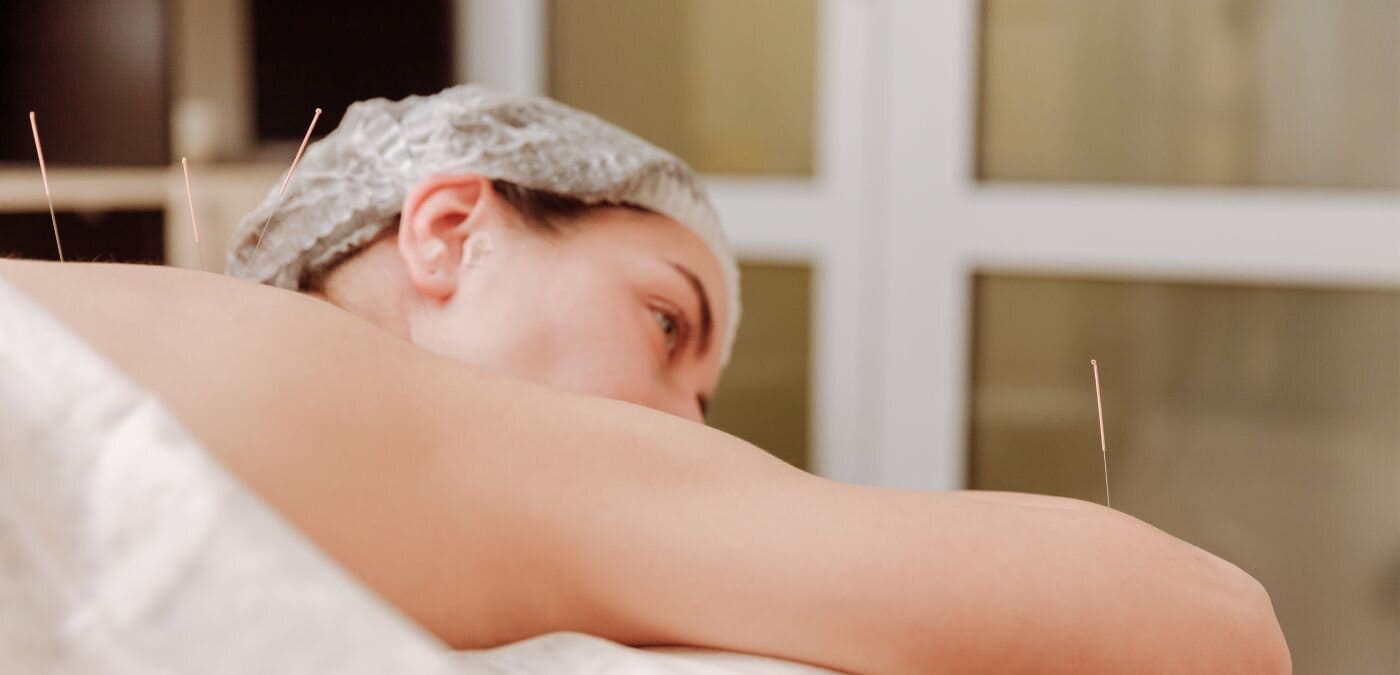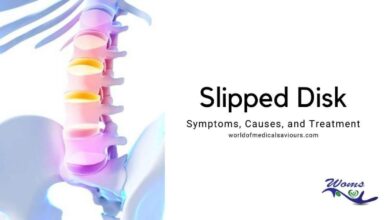A Guide to Acupuncture’s Place in Naturopathic Medicine

Acupuncture, an ancient Chinese therapeutic technique, has found a significant place in the realm of naturopathic medicine. By harnessing the body’s innate healing capacities, acupuncture offers a holistic, non-invasive approach to a range of health issues, including chronic pain, headaches, digestive problems, weight loss, and even labor induction.
The History of Acupuncture
Acupuncture, a crucial component of traditional Chinese medicine (TCM), traces its origins back over 2,000 years, making it one of the oldest healing practices in the world. The earliest record of acupuncture is found in the ancient Chinese medical text “Huangdi Neijing” (The Yellow Emperor’s Classic of Internal Medicine), written around 100 BCE. However, some archaeologists believe acupuncture’s history may stretch back even further, as the discovery of sharp, polished stones and bones suggests primitive acupuncture-like techniques could have been used in the New Stone Age.
The fundamental concept underlying acupuncture is the belief in an essential life energy called “Qi” (pronounced “chee”) that circulates within the body through invisible pathways known as “meridians”. According to TCM, disease arises when the flow of Qi along these meridians becomes blocked or imbalanced. Through the strategic insertion of fine needles into specific points (acupoints) on the body, acupuncture aims to restore the balance and flow of Qi, thereby promoting healing and well-being.
Throughout its history, acupuncture has seen periods of popularity and decline. It was in the Ming Dynasty (1368-1644) that the compilation of the comprehensive and detailed acupuncture manual, “The Great Compendium of Acupuncture and Moxibustion”, marked a high point in the evolution of acupuncture.
The practice was introduced to the Western world in the 17th century by European traders and missionaries, but it wasn’t until the 20th century, particularly after U.S. President Richard Nixon’s visit to China in 1972, that acupuncture gained wider acceptance in the West. Today, acupuncture is recognized worldwide for its therapeutic benefits and forms an integral part of holistic and integrative health care.
Specific Use Cases For The Acupuncture Modality
Acupuncture For Chronic Pain
A substantial body of research supports acupuncture’s effectiveness in managing chronic pain. In a meta-analysis involving nearly 18,000 patients, published in the Archives of Internal Medicine in 2012, acupuncture was found to be effective in treating chronic pain conditions, including osteoarthritis, headaches, and back, neck, and shoulder pain. The analysis suggested that acupuncture is more than just a placebo effect and has a reasonable referral option for patients with chronic pain.
Acupuncture For Headaches and Migraines
The effectiveness of acupuncture in treating headaches and migraines is well-documented. A Cochrane Review of 22 trials involving 4985 people suggested that acupuncture could reduce the frequency of headache in individuals with frequent migraines and tension headaches.
Digestive Issues Can Be Helped (Including IBS)
Acupuncture can also help manage various digestive disorders. According to a study published in the World Journal of Gastroenterology in 2015, acupuncture treatment showed therapeutic potential for gastrointestinal diseases, including gastroesophageal reflux disease (GERD), peptic ulcer, acute pancreatitis, and irritable bowel syndrome (IBS).
Is There a Weight Loss Angle?
While more research is needed, some evidence indicates that acupuncture could be a useful adjunct to weight loss strategies. A study in the International Journal of Obesity in 2015 found that participants who underwent five-point ear acupuncture experienced a reduction in BMI compared to those who did not receive acupuncture. Oftentimes, a medical weight loss clinicwill recommend acupuncture for interested patients.
Labor Induction
Acupuncture has also been used to stimulate labor in overdue pregnancies. A systematic review published in Explore (NY) in 2017 found that acupuncture could be an effective, safe, and cost-effective method for inducing labor.
What is the Mechanism of Action?
The effectiveness of acupuncture stems from its ability to stimulate specific acupoints in the body, which is believed to facilitate the flow of ‘Qi’ or vital energy. According to traditional Chinese medicine, blocked Qi can lead to disease, and acupuncture is used to restore its flow.
From a biomedical perspective, acupuncture is thought to work by stimulating the nervous system, leading to the release of biochemicals like endorphins that alleviate pain and stimulate the body’s self-healing processes.
Moreover, the stimulation of acupoints is believed to affect the autonomic nervous system, regulating functions like digestion, hormonal balance, and immune response. This could explain the efficacy of acupuncture in managing digestive disorders and influencing processes like labor induction. From the perspective of a naturopathic doctor, acupuncture is a harmless and relatively risk-free way to help patients.
Safety and Acceptance in Naturopathy
Acupuncture is generally considered safe when performed by a trained practitioner. Side effects are typically minor and may include soreness, minor bleeding, or bruising at the needle sites.
In naturopathic medicine, the aim is to treat the whole person and stimulate the body’s innate healing abilities. Given its holistic approach and capacity to treat a wide range of conditions, acupuncture aligns seamlessly with naturopathic principles.
Overall, acupuncture represents a valuable tool in the naturopathic physician’s arsenal. It complements conventional treatments by addressing underlying imbalances, enhancing the body’s healing capacities, and improving patients’ quality of life. As research continues to validate its effectiveness and safety, acupuncture’s role in naturopathic medicine is set to expand, offering patients an effective, non-invasive option for managing their health.




